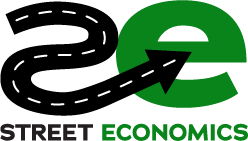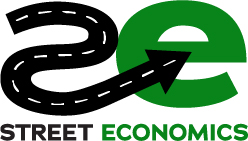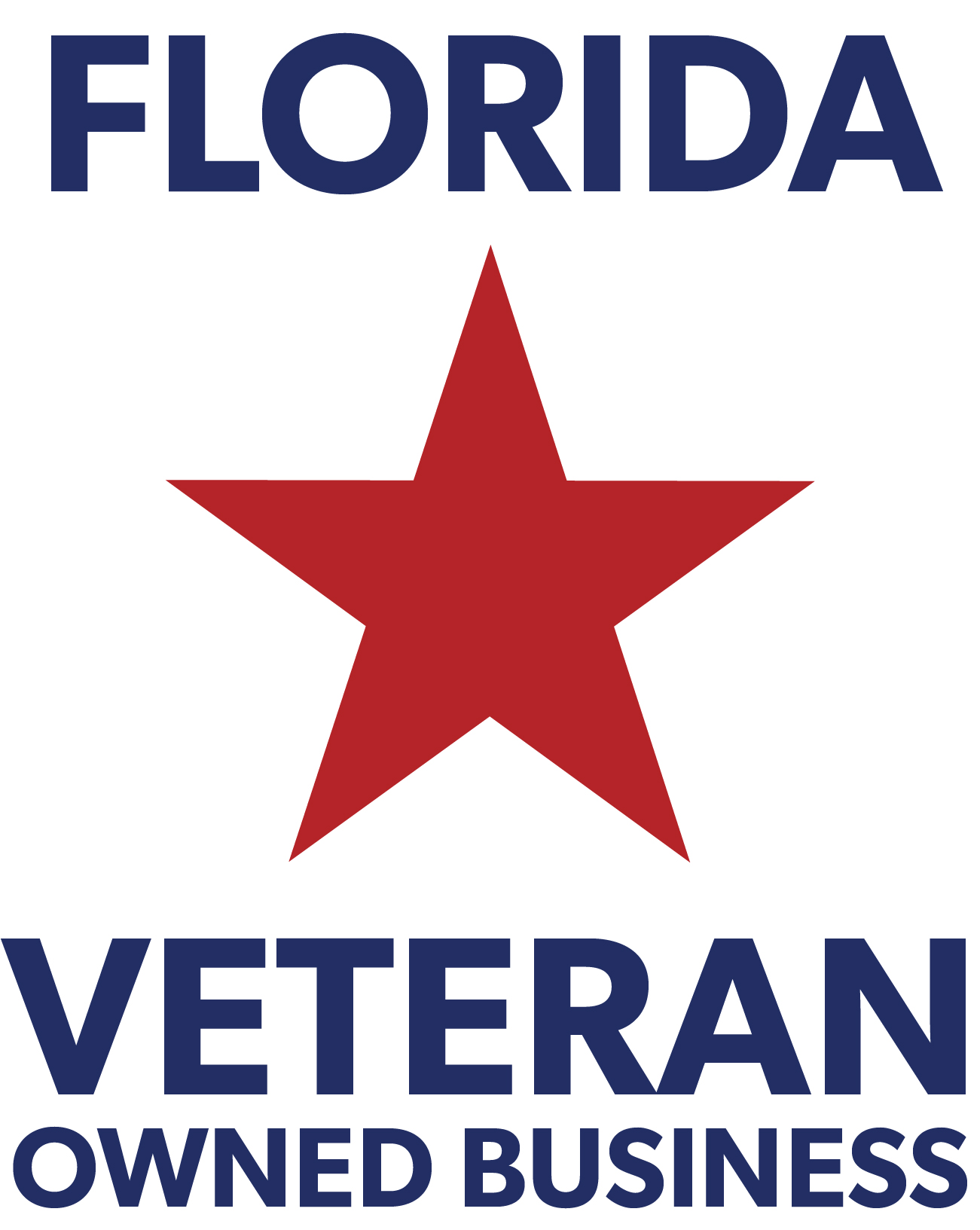A recent Wall Street Journal article on Ivy League education and its evolving impact on job prospects fits well into the ongoing conversation about education’s real value, especially as discussed in previous posts. Here’s a likely take that aligns with our perspective:
The article sheds light on a crucial shift: an Ivy League degree no longer guarantees job market advantages that it once did, especially as employers increasingly value skills and experience over pedigree. This trend aligns with our emphasis on practical, hands-on skills and economic development grounded in reality rather than prestige or academic elitism. As we’ve seen in other fields—like skilled trades or local business ownership—the value of real-world skills and entrepreneurship is becoming more evident.
Questioning the Return on Investment for Elite Education – This piece underscores what we’ve long suggested: as the cost of higher education (particularly at prestigious institutions) has skyrocketed, the ROI is not as compelling as it once was. For students and families, especially those not pursuing traditional high-paying fields like finance or law, the debt burden often outweighs the career advantages. This points to a need for students to evaluate education choices more critically rather than chasing brand names.
Demand for Practical Skills and Experience – Today, employers focus on skills that can immediately contribute to business outcomes. Real-world experience, problem-solving abilities, and adaptability are increasingly valued over academic pedigree. This shift aligns with our approach at Street Economics by BusinessFlare, where we advocate for economic strategies that emphasize skills development, local business experience, and practical, actionable growth rather than purely academic credentials. You can read more about our thoughts on this in our recent post about Mike Rowe’s recent comments on America’s skills gap.
The Shift from Elitism to Inclusivity – An Ivy League degree’s declining “guarantee” can potentially democratize access to opportunity by allowing individuals from various educational and career backgrounds to compete on a more level playing field. This encourages local communities and economies, highlighting the importance of skills and local expertise over the exclusivity of top-tier education. By fostering local talent and creating opportunities for people to build valuable skills within their communities, we create economic models that are more sustainable, inclusive, and grounded in reality.
Our Insights:
Your take would likely stress that while elite education can have benefits, the tide is shifting. Building practical skills, getting hands-on experience, and pursuing paths that align with one’s strengths and community needs are more sustainable and often more rewarding. In an age where high-value education and job opportunities are increasingly decentralized, community-based skill-building and entrepreneurship can provide paths to success that are just as impactful—if not more so—than a high-cost Ivy League degree.
This perspective encourages people to think critically about education and to look for opportunities in local business, entrepreneurship, and skills-based paths that can lead to genuine, sustainable economic development.




Comments are closed